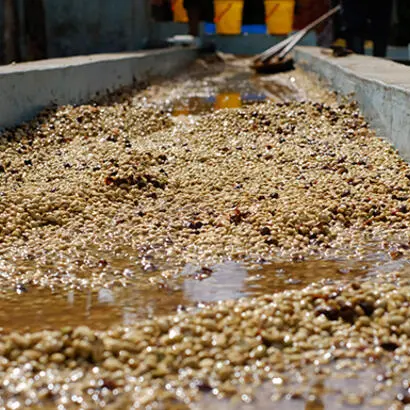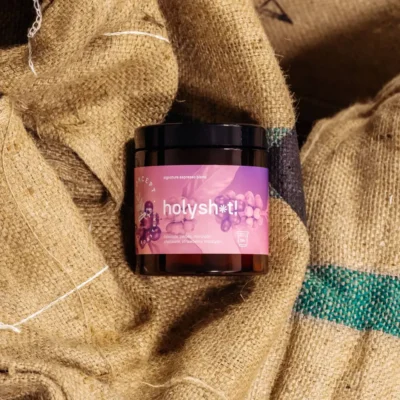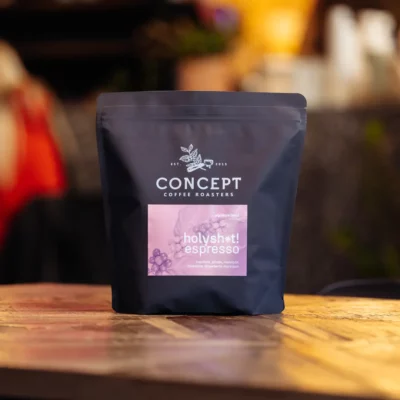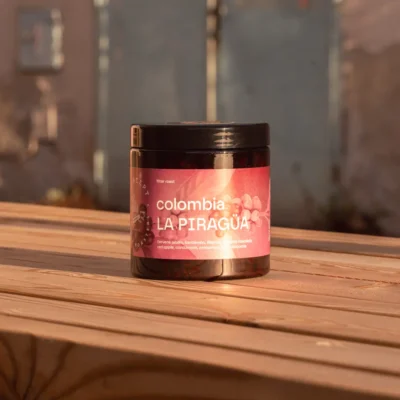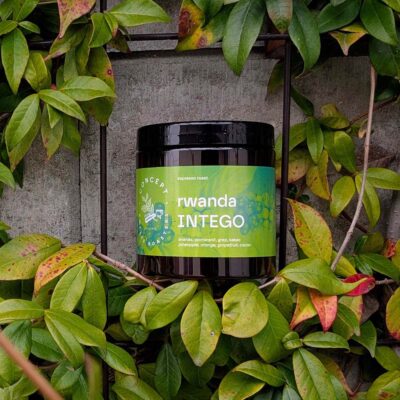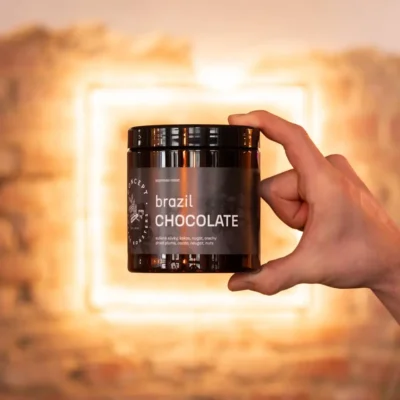Kenya Kiringa
This One smallholder farmer owns approx. 400 coffee bushes. Shading most often is done using fruit trees like Avocado and macadamia. Processing at Kiringa wet mill adheres to stringent quality-driven method. After the red ripe cherry is delivered to the processing area, it undergoes meticulous sorting to ensure exceptional cup quality of their coffee. Once pulped, cherries are delivered to fermentation tanks where it will ferment for about 16-20 hours depending on the ambient temperature at that time. The coffee is then fully washed to remove traces of all mucilage in gradient water channels. The parchment will then be distributed on the raised drying sunbeds where it will dry slowly over the course of around 12-20 days. The parchment is covered during the hottest time using shade nets. Prefinancing for school fees, access to farm inputs and funds for emergency needs is a service that is available at Cooperative level arranged by the cooperative at their own discretion.
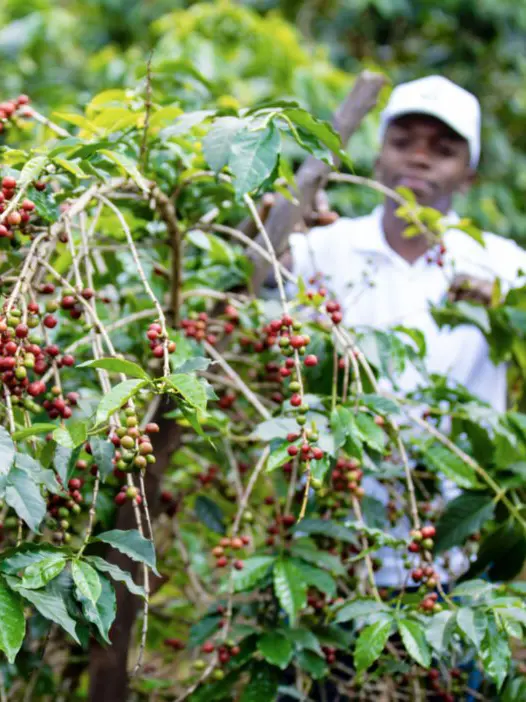
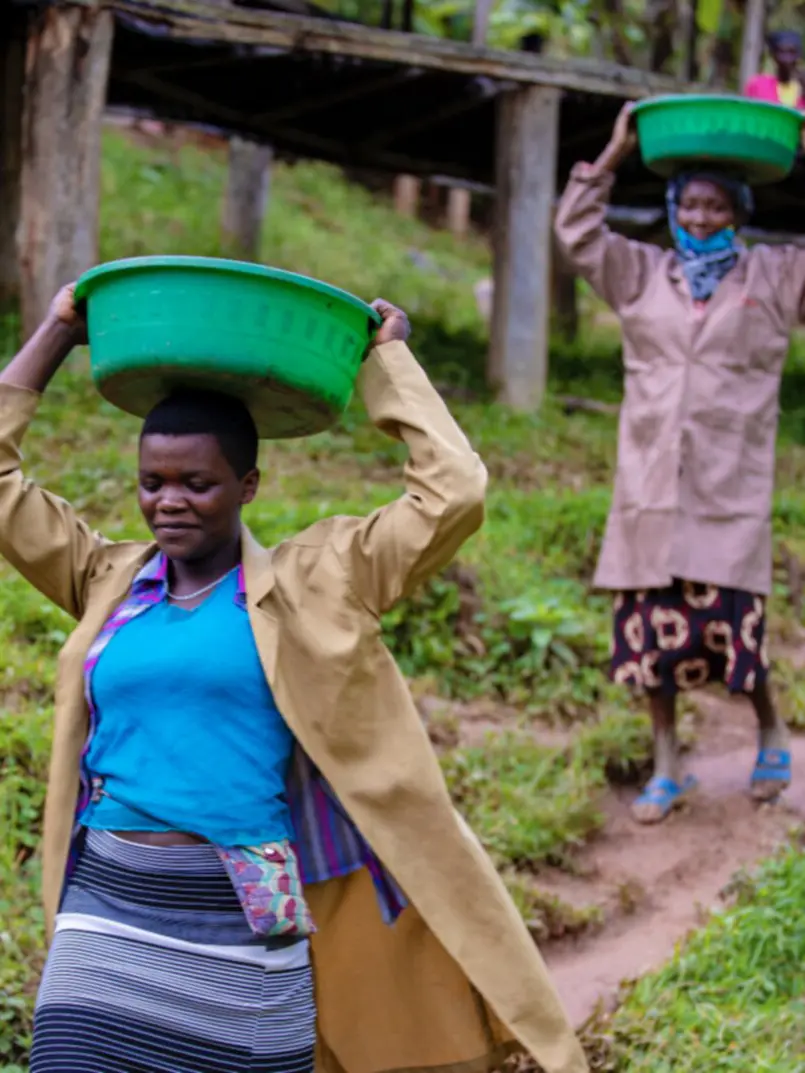
About Peaberries
PB stands for peaberry. Peaberry is a name given to a very specific shape of coffee bean. In Spanish, peaberries are called “caracol”, which means “snail”. The name aptly describes the shape of the peaberry bean, which appears slightly curved in on itself. Peaberries are the result of a natural mutation in the coffee cherry. Whereas there are usually two beans nestled together in each fruit, a cherry with a peaberry mutation only forms one bean. Thus, peaberries are a single, rounder bean. Peaberry mutations occur in approximately 5% of all coffee. The beans are known for being rounder, smaller and denser, which can contribute to a more even roast color when handled correctly. Many people find peaberries to have a sweeter flavor profile, as well. Since peaberries are a natural mutation that is not visible from the outside of the cherry, peaberries must be sorted out during the screen grading stage of dry milling. The peaberry screens have the smallest holes, which are oblong to allow the rounder beans to fall through.
About this coffee
Cupping score: 87.00
Processing station: Kiringa
Producer: Micro farmers
Region: Kirinyaga
Altitude: 1700 – 1900 MASL
Variety: SL28, SL34 – peaberry
Processing: washed
Variety
SL28 – SL28 was bred by Scott Laboratories in 1931 from Tanganyika D.R. It has become very popular throughout Kenya and is recognised as a variety of exceptional cup quality. It has wide leaves with coppery tips, and the beans are wide.
SL34 – SL 34 is a mutation of French Mission, originating from the plantation of Loresho in Kabete. SL34 has wide leaves with bronzy tips. It is widely grown throughout Kenya. SL34 is valued for its high productivity in different climate conditions and great height ranges. It is also claimed to be resistant towards drought and strong rainfall.
Kenyan washed process
Kenyan coffees are first de-pulped to remove the fruit from around the bean, then are fermented and washed—sometimes in more than one cycle of both—and soaked in water. The beans are then dried and rested on specially built raised beds.
